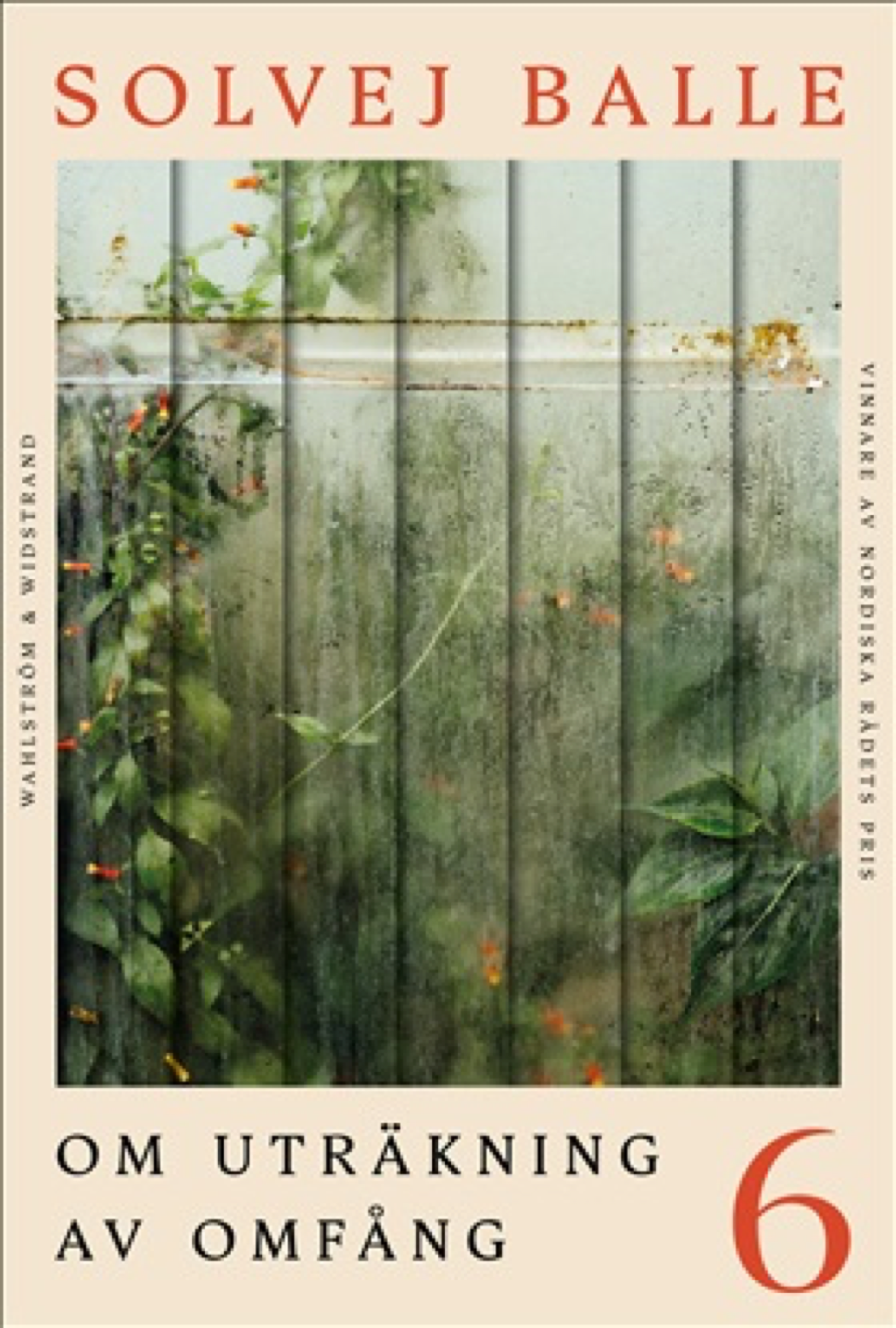Reading Experiences
Examples of experiential readings of novels
Invitation to Contribute
In January 2026, The Novel Experience: Reading Fiction with Nagarjuna, Nietzsche, and William James will be published by Cornell University Press.
One of the central aims of this project is to foreground the actual experience of reading prose fiction in its temporal and embodied unfolding: the succession of impressions, interruptions, and interpretive hesitations that constitute reading as a lived, singular practice. Another aim is to bring to consciousness and language the dynamics of reading as paradigmatic for experience as such — its variability, its oscillations between absorption and resistance, between subjective mastery and objective intrusion, between affective immediacy and reflective distance.
These dimensions are strikingly underrepresented both in academic criticism and in ordinary discourse, where we tend to jump between evaluative judgment and broad affective response. And yet they are undeniably at the heart of what is real about our engagement with narrative fiction. Below is a list of questions and topics an account of the experiential dimension of reading may touch upon.
I would like to invite you to contribute your own accounts of such experiences to the collection we are building on our website. These need not be polished essays; indeed, the value lies precisely in their preliminary and particular form. There is no hierarchy of contributions—each record of experience is as good as any other. Texts may be long or short (a thousand words is a useful benchmark), written in any language, and published anonymously if you prefer.
Please use our Contact Us form to submit your Reading Experiences. With your permission, we will add them to the website.
Guiding Questions
Conditions of reading: Why did you choose this book? Where are you reading—on the sofa, in bed, on a train, in a café? What are you reading on—a printed book, an iPad, a Kindle, a computer? Do you read in long stretches or in short bursts? Do you tend to stop at chapter breaks, or at random moments?
Ease and difficulty: Are there moments when reading the book feels effortless, pulling you in completely? Are there times when you struggle, get distracted, or have to reread? Can you notice the small steps by which you begin to form an opinion? How long does your mind stay ‘open’?
Language and style: How does the language work on you? Is the vocabulary straightforward or unusual? Does the narrative flow easily, or do the author’s stylistic choices put you off? How does the narrator’s voice sound to you—measured, chatty, distant? Is the pacing fast, slow, uneven? Does the dialogue sound natural to your ear?
Characters and perspective: Do you find yourself drawn to or distanced from the characters? Do their motives make sense, or do they puzzle you? Do you trust the point of view, or question it? Do the characters make experiences to which you can relate? Can you relate to how the characters relate to their experiences?
Sense of time: Does reading the book make time speed up, slow down, stop altogether? Are there passages that feel repetitive, drawn-out, or suddenly rushed? Do you find suspense building, or your attention wandering?
Social conditions: Do you discuss your reading of the book with your partner / book club / colleague? What does such a discussion feel like compared to, say, a political discussion: is it intense, is it friendly, could you imagine falling out with a friend over their reading of a novel? Inversely, does a common experience of reading bring you closer to someone? Do you keep a reading diary?
What lingers afterward: When you put the book down, what stays with you—a line, an image, a mood? Do you catch yourself thinking about it later in the day, or even in dreams? Does it remind you of things from your own life, or change how you look at something familiar? A resolution “to change your life”?



